- China is the initiator and practitioner of the Belt and Road Initiative and the largest economy in RCEP

In 2012, ASEAN initiated the Regional Comprehensive Economic Partnership Agreement (RCEP), which now marks the official start of the free trade zone with the largest population, the largest economic and trade scale, and the most development potential in the world. Recently, Thai Foreign Minister Tun Pamawinai said that the Regional Comprehensive Economic Partnership Agreement and the Belt and Road Initiative can promote each other and achieve common goals.
Tun Pamawinai said that the RCEP signed by the 10 ASEAN countries and China, Japan, South Korea, Australia, and New Zealand on November 15 last year is an important step towards building a more unified and economically integrated Asia-Pacific region. , It will help strengthen intra-regional trade and investment, and attract foreign companies to invest in ASEAN. The ASEAN region is full of huge business opportunities. He said that RCEP will build an integrated regional market by reducing tariffs, reducing trade barriers, and improving market access for goods and services. It will also promote fair competition and formulate standardized rules and regulations, such as intellectual property, e-commerce, government procurement, and dispute settlement rules. These are all conducive to increasing trade and investment. He pointed out that the signing of RCEP is undoubtedly a victory for multilateralism, demonstrating the firm commitment of all parties to a rule-based multilateral trading system that is open, inclusive and beneficial to all.
Dun said that despite the different economic scales and economic development levels, there are still 15 countries that have successfully signed the world's largest free trade agreement. This strengthens our belief that all stakeholders can benefit from this agreement. All ASEAN countries are important partners in the Belt and Road Initiative. Dun believes that RCEP and the Belt and Road Initiative can promote each other, jointly promote regional cooperation, and enhance connectivity and supply chains.

In his view, the One Belt One Road Initiative plays a key role in promoting the construction of infrastructure in the region, while RCEP strengthens the "interconnection" of software by coordinating cross-border trade and investment rules. The two are complementary. "Therefore, we should strive to play this complementary role. Our philosophy should be based on mutual trust, respect, and the combination of interests, with the common goal of achieving sustainable growth and inclusive development," he said.
As the largest economy in RCEP, China is accelerating the construction of a new development pattern of domestic and international "dual cycles". In this regard, Tun believes that the "dual cycle" policy can work hand in hand with RCEP to promote regional economic growth.
He said that because the "dual cycle" model will help expand China's domestic market, it will also help countries increase international trade and investment with China, thereby improving the regional supply chain, and RCEP will also provide exporters and investors with More trade and investment opportunities.
Tun said that RCEP will help Thailand's economic growth. The agreement will bring a lot of opportunities for Thai companies, especially in the export and manufacturing sectors such as auto parts and food processing. He said that in the long run, it is believed that Thailand's economy will continue to grow with the expansion of RCEP. As more countries join RCEP in the future, more business opportunities will be created.
China and Thailand are friendly neighbors. In recent years, the exchanges and cooperation between the two countries in various fields have been intensified. Tun believes that under the RCEP framework, the relationship between Thailand and China will become closer. "There is no doubt that RCEP will further consolidate the already close and intimate relationship between Thailand and China-not only in terms of trade and investment, but also in the exchanges between people." Dun said.
In the future, the Belt and Road Initiative will further promote the country’s economic partnership. Tun said that Thailand and China should continue to work with RCEP participating countries to adhere to multilateralism and create an open, transparent, fair, and predictable growth and prosperity for the region. surroundings.Editor/Luo Wentao
Comment
 Praise
Praise
 Collect
Collect
 Comment
Comment
 Search
Search


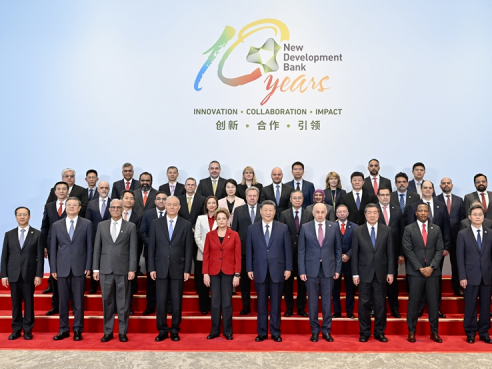
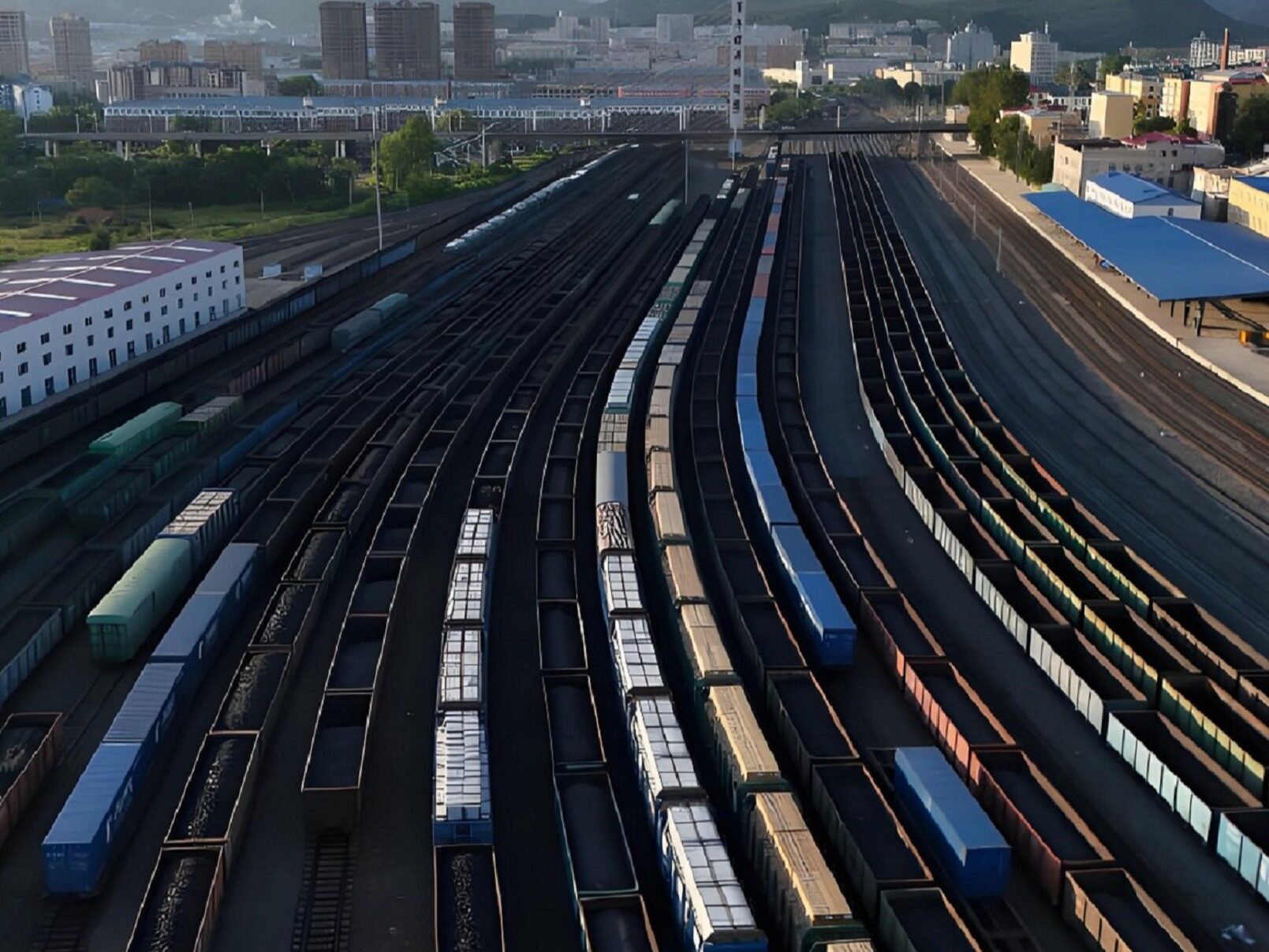
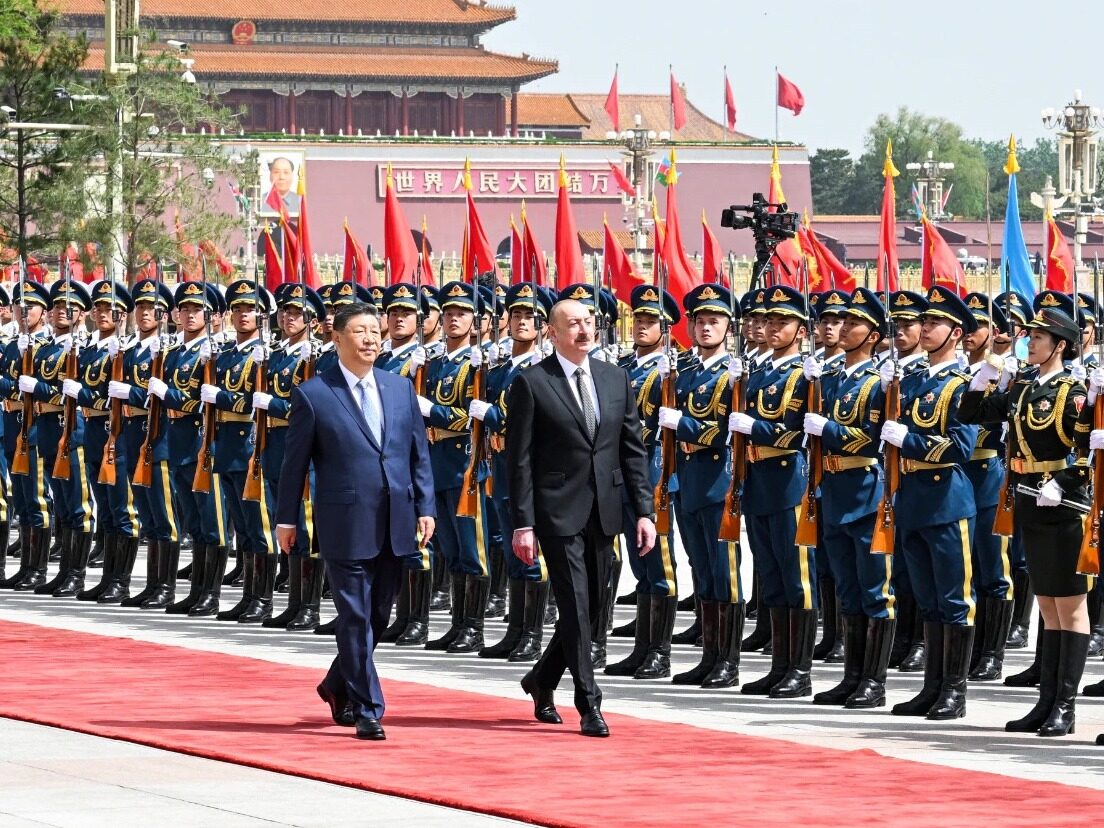
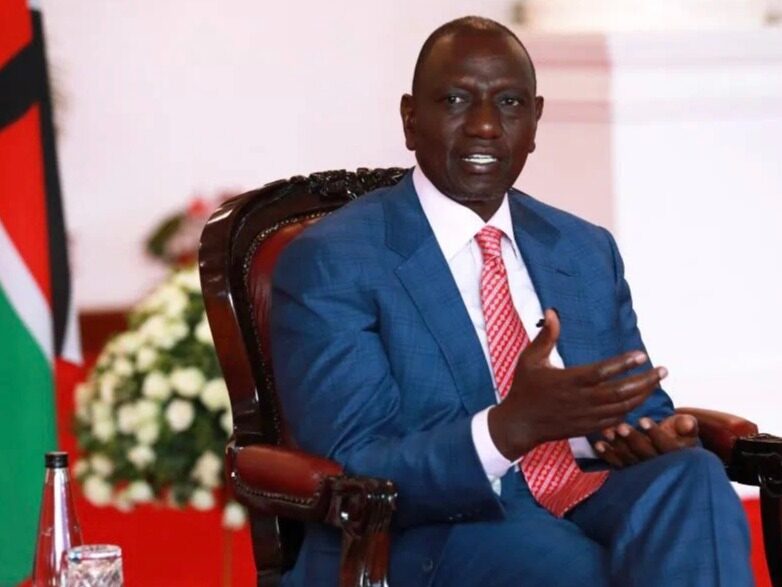
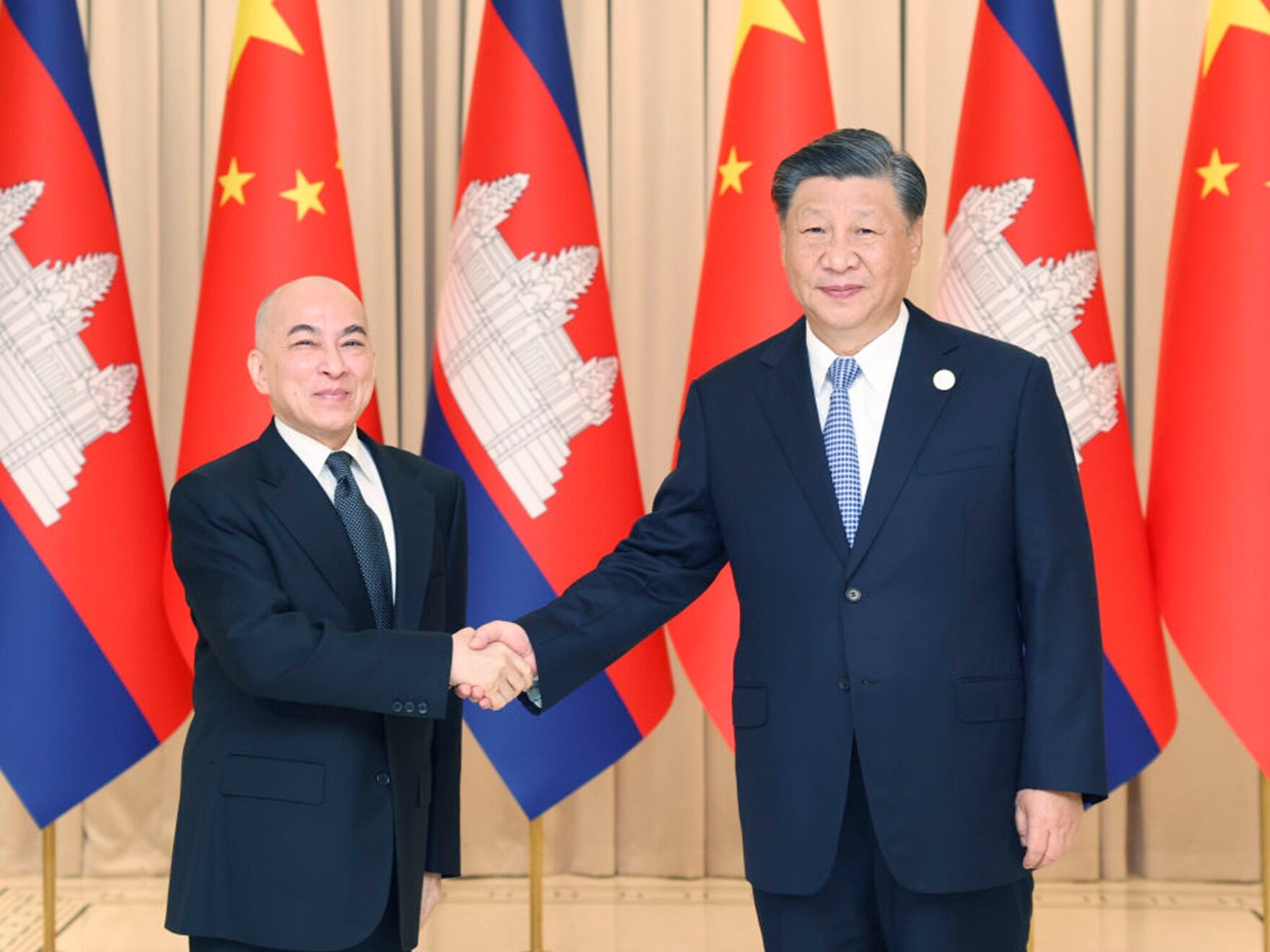
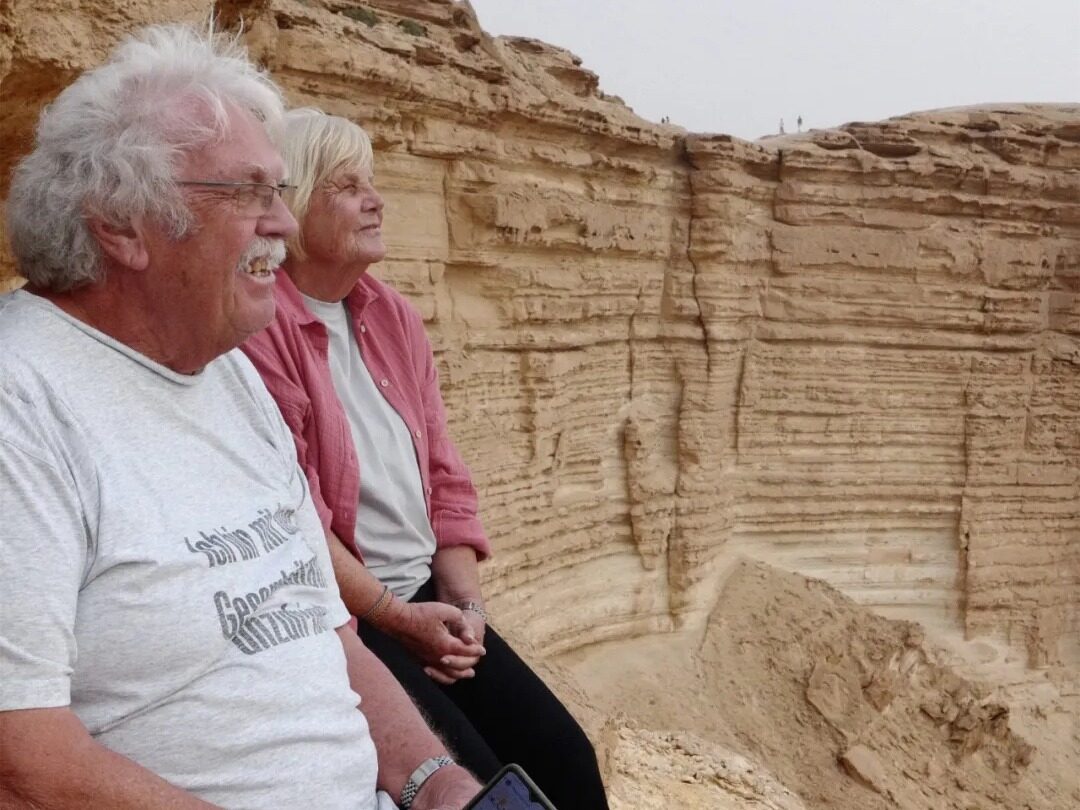






Write something~